Filter by
Press releases (221)
RSS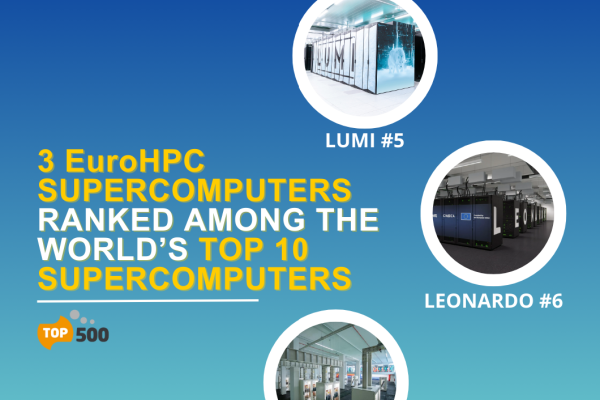
MareNostrum 5 enters the TOP500 list at 8th place, joining LUMI and Leonardo in the global top 10, whilst all the other EuroHPC supercomputers remain ranked amongst the world’s most powerful and greenest supercomputers.
Jensen digs into Europe’s forthcoming first exascale system, describes the broad scope of Europe’s quantum computing ambitions, talks a little bit about what’s on the near-term horizon, and much more. The EuroHPC JU, says Jensen, has “left its teenage years behind.”
The European Processor Initiative (EPI), a project with 30 partners from 10 European countries, aiming to make the EU independent in HPC chip technologies and HPC infrastructures, is proud to announce that it has delivered a significant European sovereignty contribution with valuable business impact
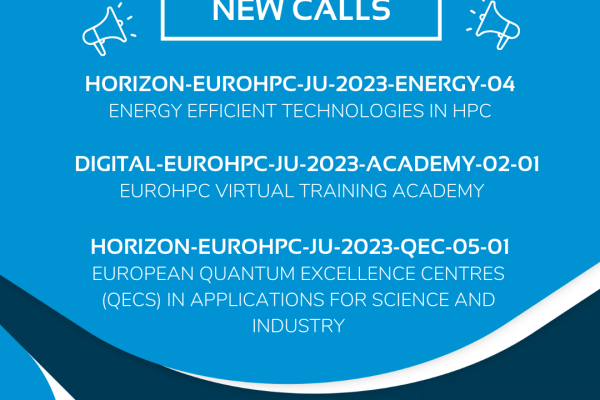
The EuroHPC Joint Undertaking (EuroHPC JU) has launched three new research and innovation (R&I) calls. The calls focus on three different areas, namely energy efficient technology, skills and training, and centres of excellence for quantum computing.
On October 18th and 19th, the FF4EuroHPC and EuroCC 2 consortia brought together eminent representatives from industry and politics, representatives from the National Competence Centres, HPC experts and enthusiasts at the HPC Industry Summit, which took place in Berlin.
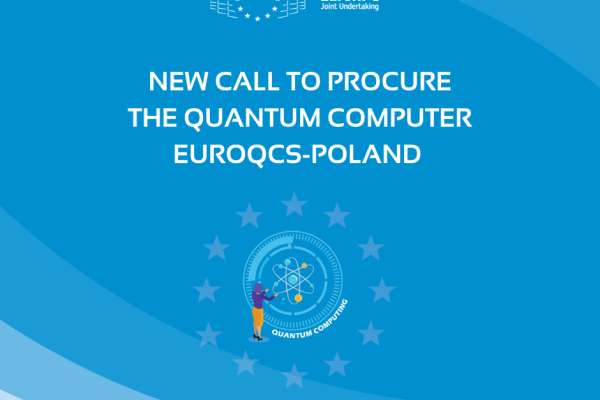
The European High Performance Computing Joint Undertaking (EuroHPC JU) has launched a call for tender for the installation of EuroQCS-Poland, the EuroHPC quantum computer to be located in Poland.
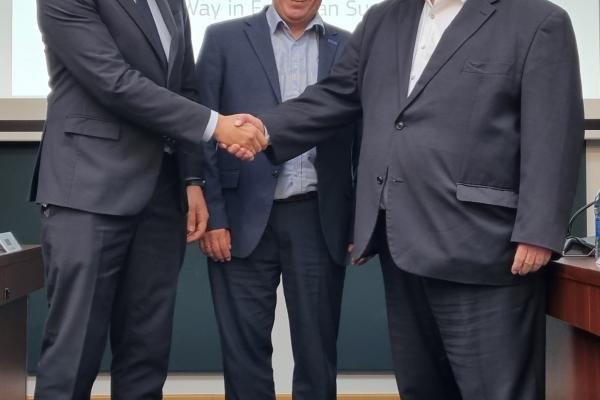
Rafal Duczmal, Polish representative at the Governing Board (GB) of the EuroHPC Joint Undertaking (EuroHPC JU), was elected as the new chair of the board for a period of two years, during the 34th GB meeting held last week in Luxembourg.
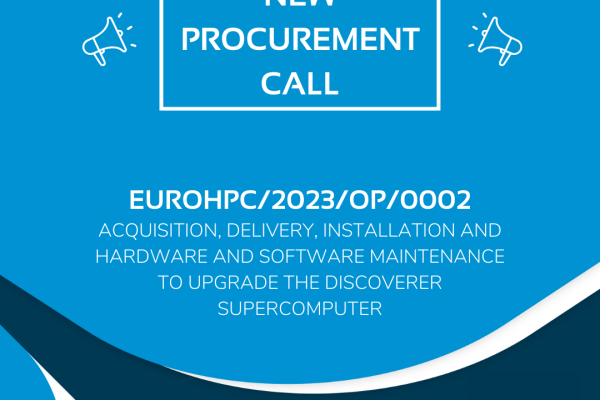
The European High Performance Computing Joint Undertaking (EuroHPC JU) has launched a new procurement call for the acquisition, delivery, installation and maintenance of the hardware and software to upgrade the Discoverer Supercomputer.
ExaFOAM project - New world record in OpenFOAM scalability
From next year select European and Japanese scientists will be able to use each other’s supercomputers, as part of a deal that could lead to faster scientific simulations in areas such as climate and materials science and help design the next generation of machines in the EU